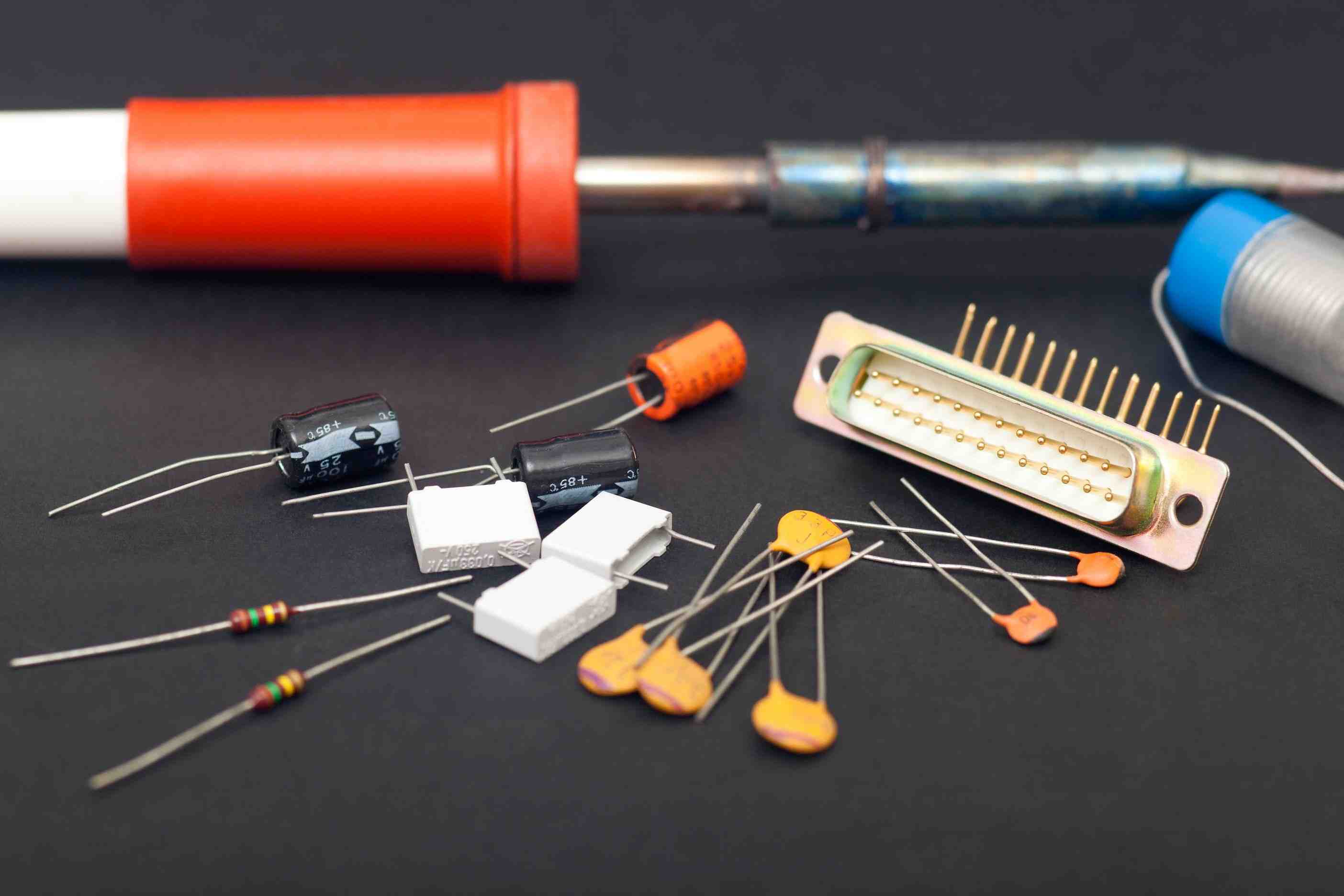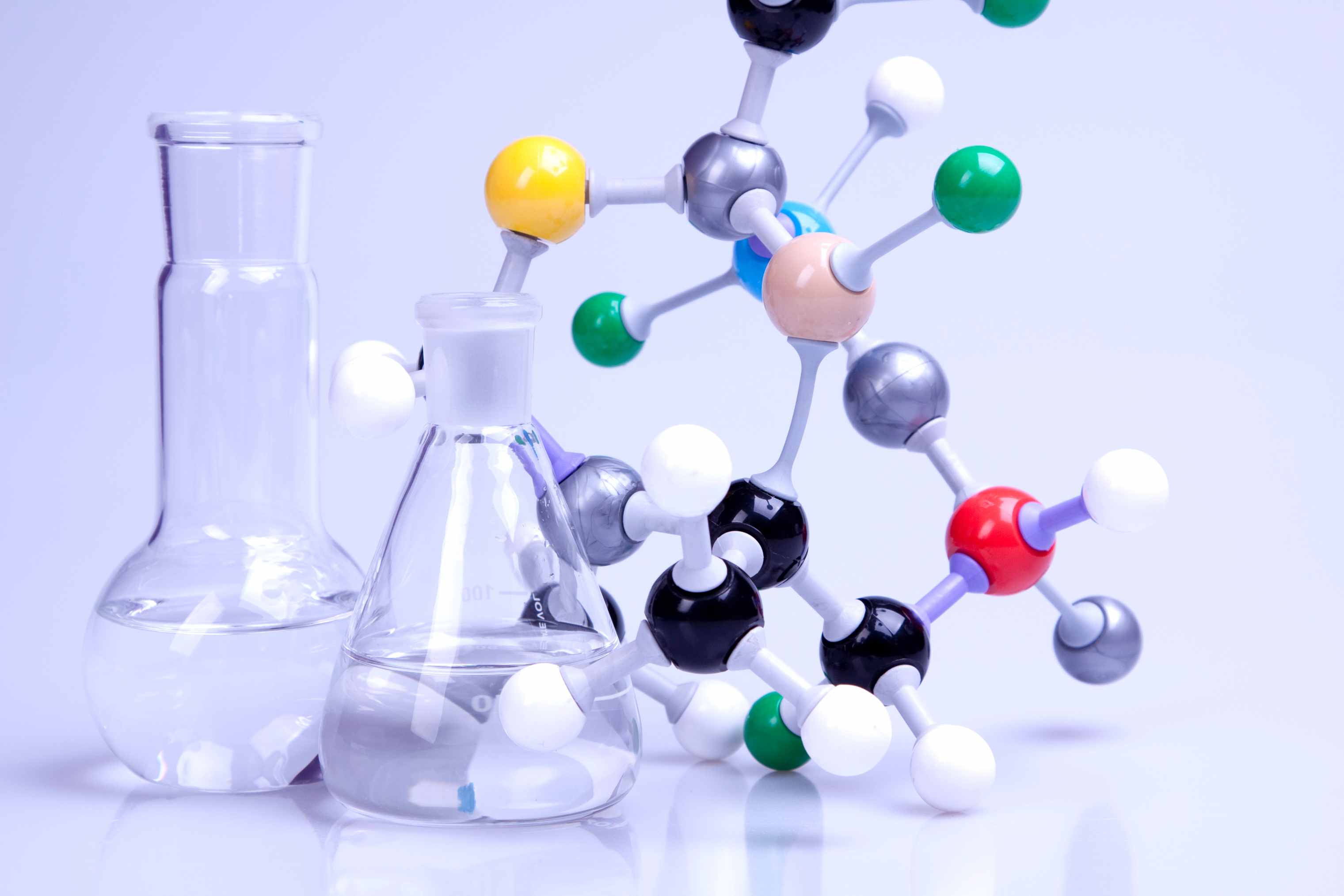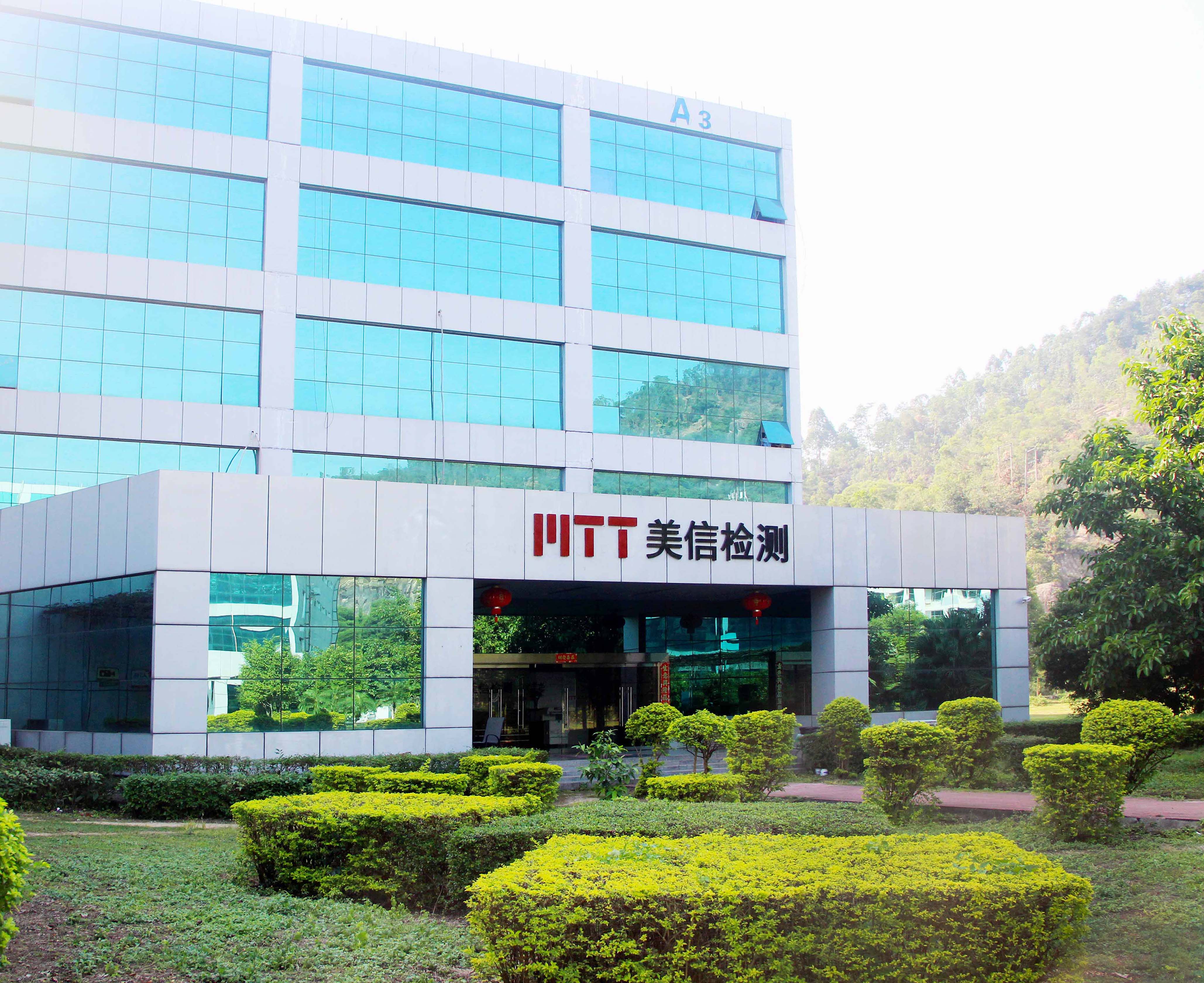




























The melting point of polymers is the critical temperature that characterizes the transition of crystalline polymers from an ordered crystalline state to a disordered liquid state, which directly affects the processing properties of materials (such as the temperature window for injection molding and extrusion) and the heat resistance of end-products.

| Project Background
The melting point of polymers is the critical temperature that characterizes the transition of crystalline polymers from an ordered crystalline state to a disordered liquid state, which directly affects the processing properties of materials (such as the temperature window for injection molding and extrusion) and the heat resistance of end-products. Accurately measuring the melting point is crucial for optimizing the processing technology and ensuring the dimensional stability and mechanical properties of materials in the service environment. Especially in high-temperature application fields (such as automotive engine components and electronic packaging materials), the melting point data is the core indicator for evaluating the suitability of materials.
| Project Overview
This test uses differential scanning calorimetry (DSC) for measurement: Place the polymer sample in a sealed crucible and heat it at a constant rate. By monitoring the heat difference between the sample and the reference material, capture the endothermic peak of crystal melting; the peak temperature of the melting peak is defined as the melting point (Tm). This method can simultaneously obtain parameters such as melting enthalpy and crystallinity, and has the advantages of requiring a small amount of sample (5–10 mg) and high data reproducibility.
| Project Objective
1. Meeting industry standard requirements and verify compliance;
2. Research and innovation;
3. Failure analysis and root cause tracing.
| Standard Basis
ISO 11357-3 Plastics - Differential scanning calorimetry (DSC) - Part 3: Determination of melting and crystallization temperatures and enthalpies
ASTM D3418 Standard test method for transition temperatures and enthalpies of fusion and crystallization of polymers by DSC
GB/T 19466.3 Plastics - Differential scanning calorimetry (DSC) - Part 3: Determination of melting and crystallization temperatures and enthalpies
| Service Products / Fields
Consumer electronics, automotive electronics, aerospace composites, chemical industry, medical materials, packaging films, medical materials, etc.
| MTT Advantages
1. Professional Team: Equipped with a number of highly experienced testing engineers and technical experts.
2. Advanced Equipment: Equipped with internationally leading testing instruments to ensure accuracy and reliability of results. High precision and accuracy, quantitative melting point and melting behavior, high efficiency and automation, strong applicability, industry compliance, etc.
3. Efficient Service: Rapidly respond to customer needs and provide one-stop, high-efficiency inspection services.
4. Authoritative Certification: The laboratory is certified by ISO/IEC 17025, ensuring that test reports have international credibility.